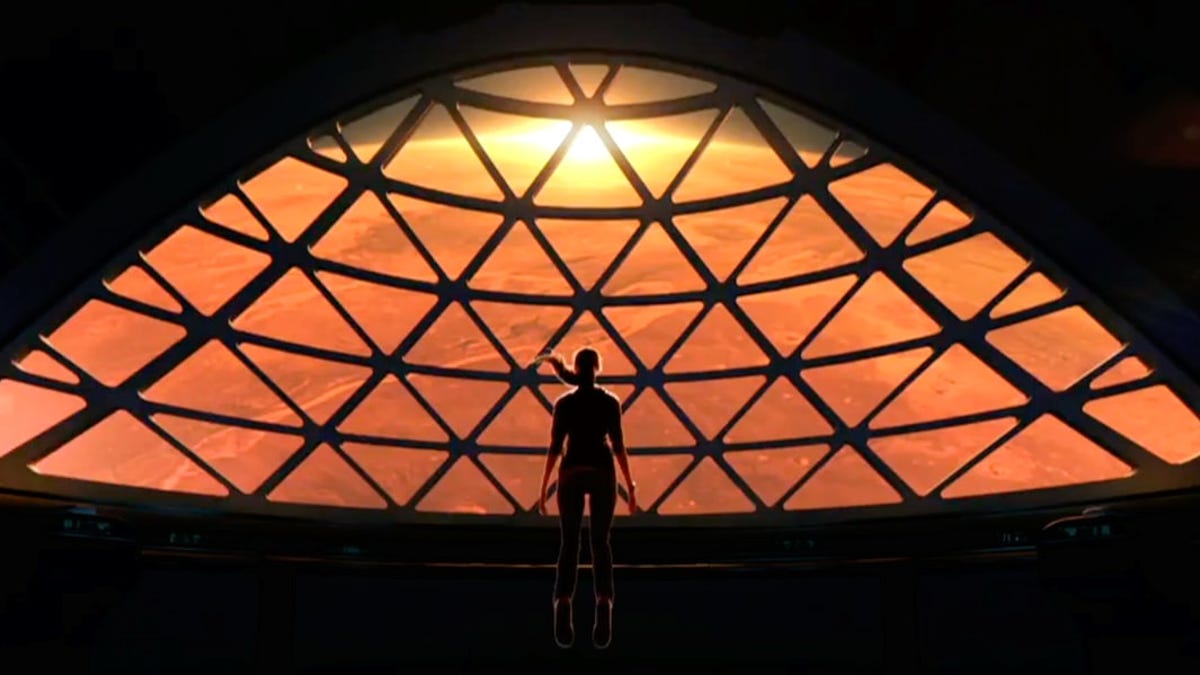The real cost of a trip to Mars could be brain damage
Scientists say the voyage to Mars could turn you into a basket case. And that's before arriving on a planet with dozens of ways to kill you.

Last month, SpaceX founder Elon Musk detailed his ambitious plan to build a city on Mars during this century, drawing praise, mockery and everything in between.
The billionaire CEO, who also runs Tesla Motors, focused his presentation on the transportation system between Earth and the Red Planet that Space X is developing, while glossing over the myriad other challenges presented by the notion of a Martian metropolis.
New research shows the long trip to Mars could leave astronauts and colonists diminished or even brain damaged by the time they arrive on the planet, which other scientists remind us is hostile to human life.
Scientists at the University of California-Irvine have been studying a condition they call "space brain" that could affect space travelers on the extended trip to Mars. During the trip, which would likely take at least nine months each way, travelers would be bombarded by cosmic rays of highly-charged particles that can cause a variety of serious, long-term problems.
"Exposure to these particles can lead to a range of potential central nervous system complications that can occur during and persist long after actual space travel," said UCI professor of radiation oncology Charles Limoli in a release, "such as various performance decrements, memory deficits, anxiety, depression and impaired decision-making. Many of these adverse consequences to cognition may continue and progress throughout life."
Limoli and his team studied the effects of charged particle irradiation on rodents at NASA's Space Radiation Laboratory at New York's Brookhaven National Laboratory. Their findings were published Monday in the journal Scientific Reports.
Six months after exposure, the researchers found evidence of brain damage in the rodents, particularly in areas that affect learning and memory. The radiation also affected something called "fear extinction," which is basically the brain's ability to convince you not to spend the rest of your life freaking out after something bad happens. It's what allows you to get in a car again after you've been in an accident, for example.
"Deficits in fear extinction could make you prone to anxiety," Limoli said, "which could become problematic over the course of a three-year trip to and from Mars."
During a speech at the International Astronautical Conference in September, Musk said "The radiation thing is often brought up, but I think it's not too big of a deal." SpaceX didn't immediately respond to a request for comment.
I contacted Dr. Jim Logan, who spent two decades as a medical expert at NASA, to ask about the health challenges of traveling to and living on Mars. He told me he worries that Musk's cavalier attitude toward such risks "may have set back the very worthy goal of making humanity a celestial species by decades."
"The one statement in (Musk's) presentation I agree with one hundred percent is many people will die," Logan wrote in an email. He called the vision of colonizing Mars in the coming decades "the equivalent of hyping flying cars and personal jet packs in the 1950s."
This tension between scientific realists and entrepreneurial visionaries over humanity's next steps into space has become more pronounced over the pasts few years as high-profile, private commercial space companies like SpaceX and Jeff Bezos' Blue Origin have emerged and government space agencies have stagnated when it comes to sending humans beyond orbit.
Mars One's controversial plan to create a Martian colony via a reality-show style competition drew criticism from researchers who declared colonists would die within a few months on the surface of Mars. Even the founder of the Mars Institute has given presentations on all of the dozens of ways to die on Mars.
Yet, I'd bet SpaceX and Mars One continue to have no shortage of volunteers willing to die on (or on the way to) Mars. Over 200,000 people expressed interest in a one-way trip to the Red Planet with Mars One, and that promises to be far less comfortable than the futuristic space colony of one million earthlings Musk envisions.
Science and realists will continue to chip away at the more romantic notions of Mars, but humans have been known to ignore such practical, reasoned concerns. Eventually, our descendants may tell stories about migration to Mars or beyond.

